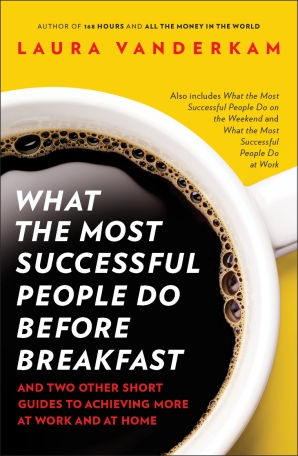A few weeks ago I wrote about using social media to seek out and pursue relationships with (or merely be inspired by) virtual mentors. Earlier this week, The Chronicle of Higher Education also highlighted how this practice is a very good – and particularly useful – approach to mentorship. The article provides good reasoning and good advice, and I especially like this tidbit of truth:
The power and potential of virtual mentors and academic communities are helpful to everyone, but they offer a particularly powerful tool for marginalized groups, whose mentoring needs are often neglected. Social media provide graduate students of color, first-generation students, and others with an important space to navigate the often inhospitable culture of academe.
Being able to seek out and potentially build relationships with mentors is a key advantage of living in a socially mediated world. Read the entire Chronicle article here.
 This book caught my interest because I’m typically a night owl and my PhD journey has consisted of several nights up burning the midnight oil. However, moving forward with my dissertation, and as a professional, I’m thinking I should probably get a handle on this time management thing. Plus, I’m not getting any younger and the midnight oil doesn’t burn as bright as it used to. As I’m always feeling the pressure of a constantly ticking clock, I decided to take a look at this text after I saw one of my e-mentors,
This book caught my interest because I’m typically a night owl and my PhD journey has consisted of several nights up burning the midnight oil. However, moving forward with my dissertation, and as a professional, I’m thinking I should probably get a handle on this time management thing. Plus, I’m not getting any younger and the midnight oil doesn’t burn as bright as it used to. As I’m always feeling the pressure of a constantly ticking clock, I decided to take a look at this text after I saw one of my e-mentors,